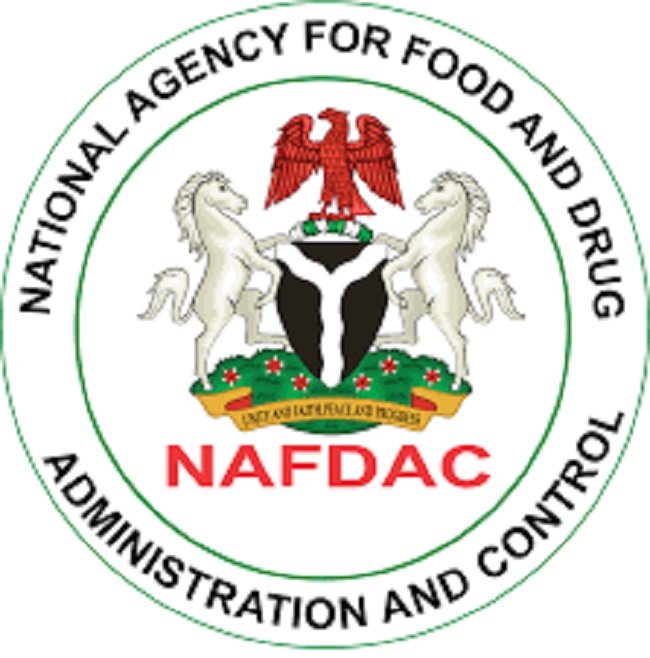The National Agency for Food and Drug Administration and Control (NAFDAC) has reiterated the need for Nigerian nursing mothers to embrace exclusive breastfeeding of their infants for the first six months of life to improve the health status of their newborns.
This recommendation comes amid concerns that aggressive marketing of breast milk substitutes is hindering nursing mothers’ embrace of exclusive breastfeeding, with the breastfeeding rate at 28.7 percent in Nigeria.
In a statement, NAFDAC’s Resident Media Consultant, Sayo Akintola, disclosed that the World Health Organisation’s (WHO) global target for exclusive breastfeeding is 50 percent by 2025, but Nigeria’s demographic and health survey indicates that only 28.7 percent of nursing mothers exclusive breastfeed in Nigeria.
Speaking at a stakeholders’ engagement with the Association of Infant Food Manufacturers and Marketers in Nigeria (AIFMN), NAFDAC’s Professor Mojisola Adeyeye stated that the agency remains committed to implementing and monitoring adherence to the provisions of the International Code of Marketing of Breastmilk Substitutes.
Prof. Adeyeye, who was represented by the Director of Food Safety and Applied Nutrition (FSAN), Mrs. Eva Edwards, noted that inappropriate marketing of breastmilk substitutes contributes to undermining efforts to improve breastfeeding rates and duration.
According to her, exclusive breastfeeding is the best start in life and the cornerstone of child survival and health because it provides essential, irreplaceable nutrition as nature intended for a child’s optimal growth and development.
She said the International Code of Marketing of Breast-milk Substitutes, including the subsequent relevant World Health Assembly (WHA) resolutions, aim to contribute to the provision of safe and adequate nutrition for infants through the protection and promotion of breastfeeding and by ensuring the proper use of breast-milk substitutes when they are necessary, based on adequate information, and through appropriate marketing and distribution.
Prof. Adeyeye further stated that the guidance also notes that health professionals and facilities are often targeted and influenced by the infant and young child food industry through promotion, relationships, and incentives, and that these incentives create conflicts of interest and can result in the loss of independence, integrity, and public credibility.
According to her, the agency is fully committed to protecting and promoting breastfeeding to address threats that the marketing of breast milk substitutes (BMS) poses to optimal breastfeeding practices.
She reminded them that breastmilk substitutes are legitimate products that should be available for use when they are necessary, based on adequate information and through appropriate marketing and distribution.
‘Our concern is strictly inappropriate marketing practices. In the spirit of creating a conducive environment where the health and well-being of mothers and infants are prioritised, I wish us a fruitful and interactive session,’ she said.
Read Also: Air Peace accuses Gatwick Airport of frustrating its UK flight operations
